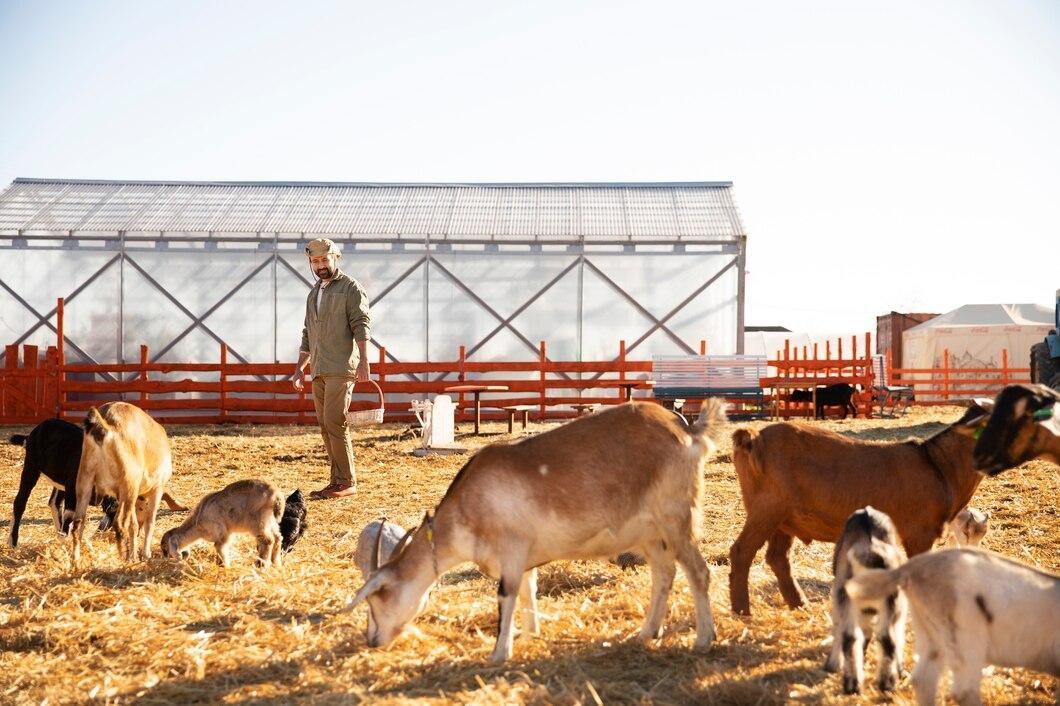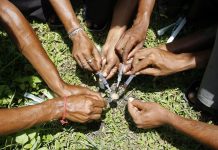Africa-Press – Botswana. In Botswana’s livestock sector, where small-stock markets often suffer from fragmented demand and poor access to buyers, one resourceful farmer turned to WhatsApp to transform his goat-sales business. What began as a simple chat group evolved into a powerful national sales channel, bridging rural producers and urban buyers, increasing transparency, and boosting profitability.
For many goat farmers in Botswana, especially those in remote regions, reaching paying buyers is a major hurdle. Traditional outlets like local markets or middlemen can limit the price farmers receive, especially for quality breeding stock. Transport logistics, lack of trust, and limited advertising make it hard to scale. Without a strong digital platform or a formal livestock marketplace, many small-scale goat breeders struggle to connect with a broader audience.
The farmer, called “Tshepo” for illustration, started a WhatsApp group for fellow goat breeders and potential buyers. His goals were to showcase his goats through photos and videos, enable direct communication with buyers, build trust by sharing health records and breeding history, and expand beyond his local area to reach buyers nationally. Initially small, the group grew as Tshepo invited more breeders and buyers, eventually becoming a live marketplace.
Tshepo posted high-quality images and short videos of breeding bucks, pregnant does, and young kids, including details such as age, weight, lineage, and vaccination status. Prices were set clearly, and buyers could negotiate directly. Once a deal was agreed, the group coordinated logistics for collection or delivery, often using mobile banking for secure payments. Regular updates on breeding, health, and sales helped build trust and reputation. Over time, word spread, and the group became a respected community for goat trading.
By leveraging WhatsApp, Tshepo tapped into buyers beyond his immediate region, expanding his market to other districts and larger farms. Without middlemen, he secured better prices, and marketing from his farm reduced time and transport costs. The group also became a space for peer learning, with other breeders sharing stock and advice.
WhatsApp works effectively in Botswana due to widespread mobile use, low entry cost, availability of digital payments, and the ability to build trust through transparency. Challenges include managing transport costs, ensuring animal welfare during delivery, mitigating payment risk, moderating group activity as it grows, and complying with livestock health regulations.
Other farmers can learn from this model by starting small, using clear visuals, sharing transparent information on breeding and health, leveraging mobile payments, encouraging peer participation, and partnering with reliable transporters. This approach reflects a broader trend in African agriculture, where mobile messaging platforms are enabling farmers to reach national buyers without costly infrastructure, democratizing market access, and increasing profitability for small-scale livestock producers.
botswanayouth
For More News And Analysis About Botswana Follow Africa-Press






